Learning & teaching
This category offers articles on best practices in learning and teaching, as well as the benefits and challenges of adult education and lifelong learning. These articles also explore global societal phenomena and their connections to lifelong learning.
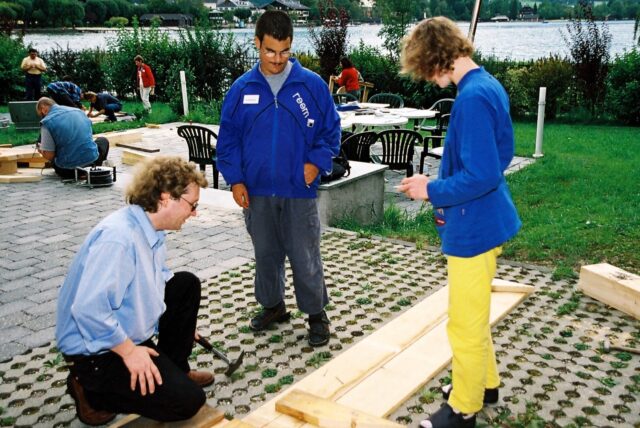
Inclusive approach: “We aim for individuals with and without disabilities to learn together”
A unique approach to create an educational space for everyone is deployed by Austria’s biv, the Academy for Integrative Education.
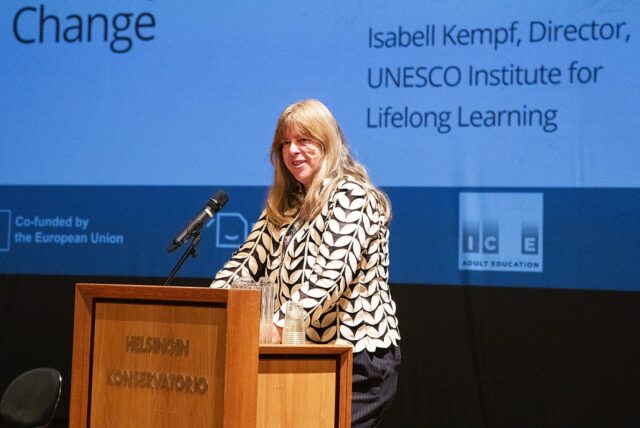
Isabell Kempf: “Adult education empowers agility in navigating global change”
“Adult education is a human right and a public good helping to create a more resilient, just and sustainable future,” said Isabell Kempf, Director of the UNESCO Institute for Lifelong Learning, in her keynote address at the EAEA conference in Helsinki.

Working in restaurants helps migrant women thrive
In Modena, Italy, migrant women build their future through food. With the help of the Association for the Integration of Women, they learn skills required for restaurant work and integrate more easily into local society – while staying proud of their origins.
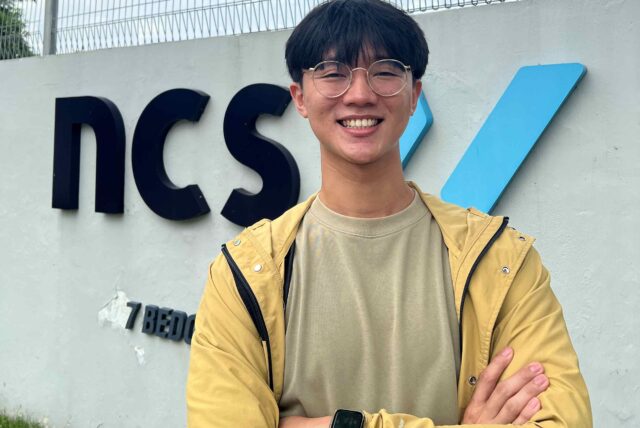
Singapore’s micro-credential programme gives a chance to update skills in a flexible way
Singapore’s SIT has come up with a way for professionals to update their skills competency with independence, whilst working full time. Stackable credits offer a pathway to short courses or full degrees.
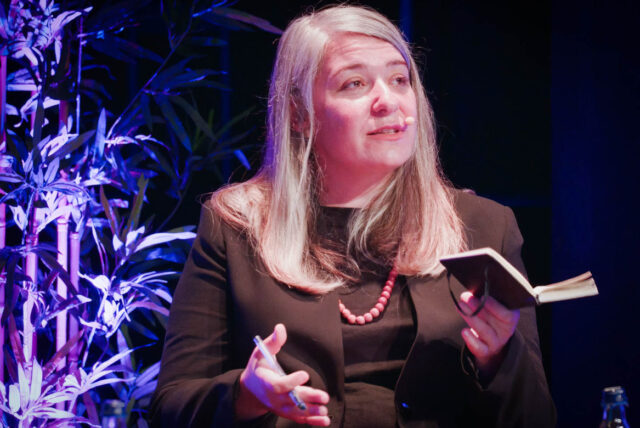
Duygu Güner: “Ignoring the hidden barriers behind low training participation is no longer an option”
In her Speakers’ Corner column, economist Duygu Güner describes the past year as being marked by an enthusiastic discussion on skills shortages and the imperative of continuous reskilling/upskilling efforts in the EU. Nevertheless, determining how to increase low training participation rates remains the main challenge. Speakers’ Corner columns are produced in cooperation with EAEA, the European Association for the Education of Adults.

Digitalisation and adult wellbeing: from social inclusion to privacy risks
Technology can work wonders. It can speed up work processes and connect people from opposite sides of the world. “All this is possible only if one knows how to use the technology,” warns Charalambos Vrasidas of CARDET.

How does the new EU AI Act affect the adult education sector?
Aiming at protecting fundamental rights and democracy in digital education, that’s for sure. What about the duties and obligations? What are they? All Digital’s Policy Officer Norman Röhner answers three quick questions about the new EU AI Act, which is expected to come into force by June 2024.
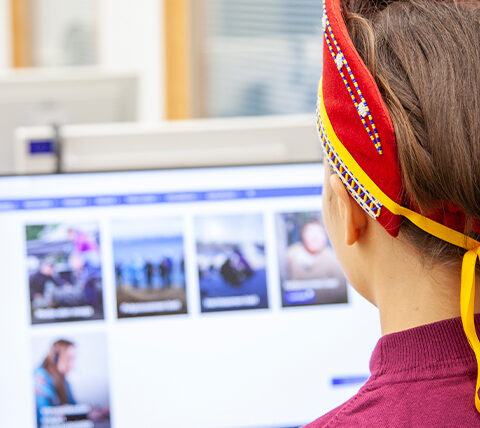
Online learning makes indigenous Sámi languages more accessible
Virtual distance education has increased interest and opportunities to study Sámi languages, says Tiisu-Maria Näkkäläjärvi, coordinator at the Sámi Education Institute in Finland.
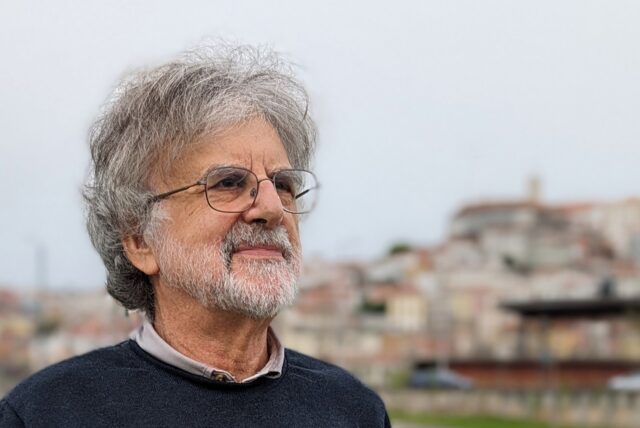
António Dias de Figueiredo: “If people stop exercising their minds, they may lose their ability to reason”
In ELM’s interview, António Dias de Figueiredo, retired professor of Information Systems at the University of Coimbra in Portugal, points to specific benefits and potential dangers of using AI in adult learning – and offers a gloomy assessment of the prospects for equality in digital learning across Europe.
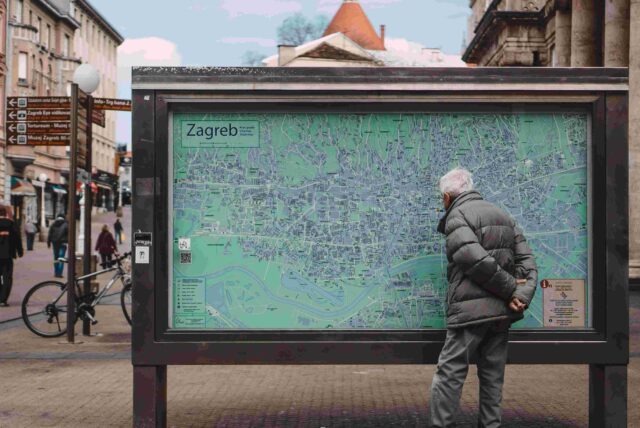
Empowering peace in the Balkans: Can adult education pave the way?
In the heart of the Balkans, the echoes of the Yugoslav Wars continue to reverberate through the lives of its inhabitants. As the scars of the conflict persist and peacebuilding attempts have often proved unsuccessful, adult education could be a beacon of hope in the region.



